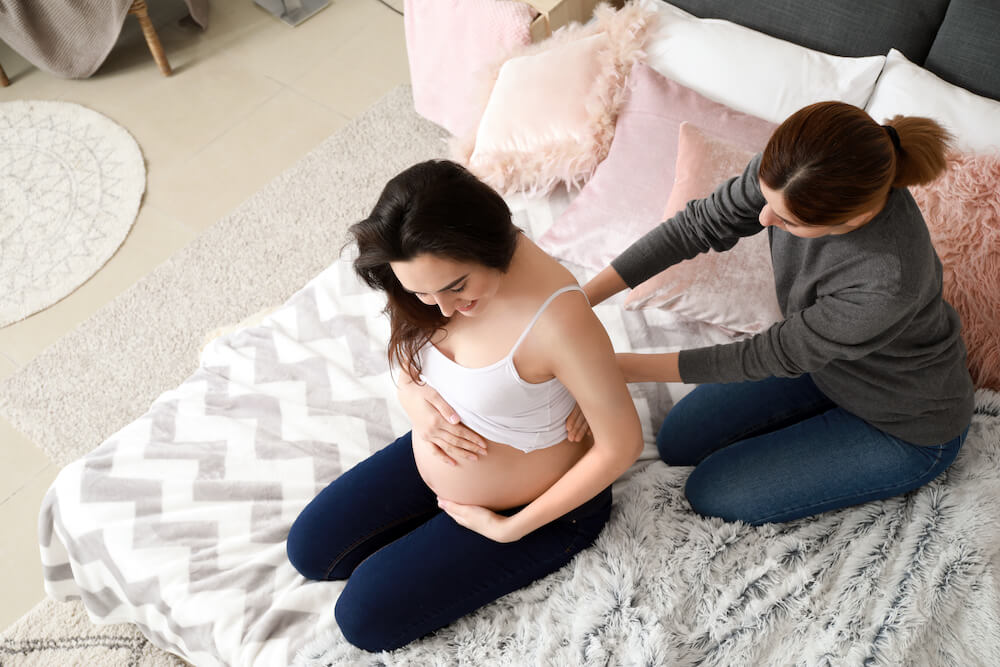The postpartum period is a significant transition for new mothers, filled with joy, challenges, and profound emotions. Amid hormonal changes, sleep deprivation, and adjusting to a new lifestyle, nurturing mental health is critical. One powerful tool in this process? Hobbies. These simple yet impactful postpartum activities offer not only a sense of normalcy but also a means to rebuild emotional resilience, joy, and self-care.
Understanding Postpartum Depression
Postpartum depression (PPD) is more than just the “baby blues.” It’s a serious condition affecting millions of new mothers, often marked by persistent sadness, anxiety, and fatigue. While the causes of PPD range from hormonal shifts to environmental factors, finding supportive methods to cope is essential. Addressing PPD through meaningful postpartum activities can create moments of peace and connection that gradually improve mental well-being.
The Role of Postpartum Activity in Emotional Healing
Engaging in hobbies is more than “staying busy”; these purposeful activities foster emotional healing. Hobbies promote mindfulness, reduce stress, and provide an outlet for self-expression. They help anchor new mothers in the present, enabling them to regain control amidst the whirlwind of postpartum changes.
How Hobbies Provide Structure, Joy, and Self-Care

Hobbies bring structure to days that can feel unpredictable. They offer much-needed “me time,” creating opportunities to nurture passions or find new interests. By dedicating even a few minutes daily to a hobby, mothers can experience joy, gain confidence, and prioritize their well-being—all essential for both the individual and their family.
Top Hobbies to Support Emotional Wellbeing After Birth
Finding the right hobbies during postpartum depends on an individual’s interests and comfort. Below are some practical and rewarding postpartum activities that support emotional health.
Journaling and Creative Writing
Writing provides an outlet to reflect on the ups and downs of motherhood. Journaling helps capture fleeting moments, track progress, and validate emotions. For new mothers feeling overwhelmed, this practice can offer clarity and a sense of achievement.
Gentle Movement: Yoga, Stretching & Walking
Physical movement boosts endorphins and reconnects you with your body. Yoga and stretching help release tension, while walking provides a calming break outdoors. These activities suit all fitness levels and can easily be adapted to postpartum recovery.
Art and Crafting
Artistic hobbies encourage relaxation and creativity. Whether it’s painting, knitting, or creating a scrapbook of your baby’s milestones, this hands-on focus shifts your attention from stress to something fun and rewarding.
Gardening and Indoor Plant Care
Tending to plants can be surprisingly therapeutic. Gardening connects you to nature, stimulates your senses, and provides a calm, grounding activity. Even caring for indoor plants can boost your mood and purify your environment.
Cooking and Baking
Preparing simple meals or baking together as a family creates structure and brings everyone to the table. Cooking can also provide a creative outlet and reinforce your ability to care for yourself and your loved ones.
Audiobooks or Podcasts
Books, audiobooks, and podcasts offer opportunities to learn, escape, or find validation in shared experiences. They can be especially comforting during nursing sessions or sleepless nights.
Music: Playing, Singing, or Listening
Music is the ultimate mood booster. Whether you play an instrument, sing lullabies, or simply listen to your favorite tracks, music soothes the mind and brings comfort. Sharing these moments with your baby can also strengthen your bond.
How to Incorporate These Hobbies Into Daily Life

The key to making hobbies a lasting part of your postpartum experience is to keep things simple and adaptable.
Starting Small with 10–15 Minutes a Day
Don’t pressure yourself to dedicate hours to a hobby. Begin with short, intentional sessions. This consistency builds habits over time. Set up a designated area for your activities. Whether it’s a cozy corner for journaling or a craft nook, the physical setup can encourage you to prioritize hobbies. Whenever possible, include your baby or family. Walking outdoors, watering plants, or singing songs together fosters connection and lets everyone benefit.
Knowing When to Ask for Support
It’s okay to feel overwhelmed at times—postpartum life can be challenging. Lean on your partner, family, or resources like professional doulas to carve out time for self-care.
How Northeast Doulas Can Help
Support is vital for a smooth postpartum transition, and Northeast Doulas specialize in providing the care new mothers need.
Emotional and Practical Support from Trained Doulas
Northeast Doulas understand the complexities of postpartum life. Their trained professionals offer emotional support, a judgment-free listening ear, and practical solutions tailored to your challenges. Every family is unique. With Northeast Doulas, you’ll receive personalized postpartum plans that prioritize your mental well-being and encourage restorative activities like hobbies. They help you build a lifestyle tailored to your needs. By emphasizing the importance of hobbies and self-care, Northeast Doulas empower mothers to take charge of their mental health. Their guidance helps you rebuild confidence as you balance motherhood and individuality.
FAQs
What is the best postpartum activity for new moms with depression?
Gentle, low-pressure hobbies like walking, journaling, or crafting are ideal starting points.
How soon can I begin hobbies after giving birth?
You can begin light activities as soon as you’re physically and emotionally ready, but always consult your care provider.
Can hobbies replace professional treatment for postpartum depression?
No, but they are a valuable complement. Always seek help from healthcare providers for persistent symptoms.
How can Northeast Doulas support my emotional wellness postpartum?
Our doulas provide personalized care, helping new mothers find balance, structure, and meaningful self-care through daily activities.



